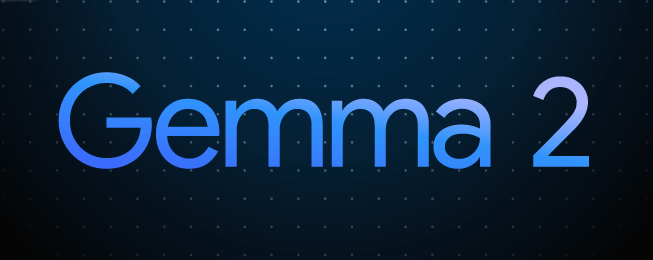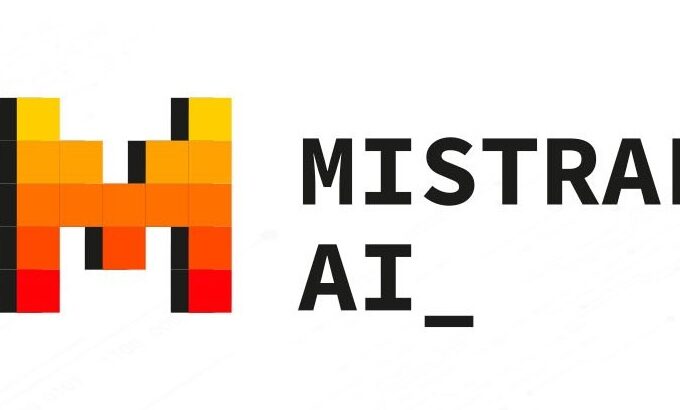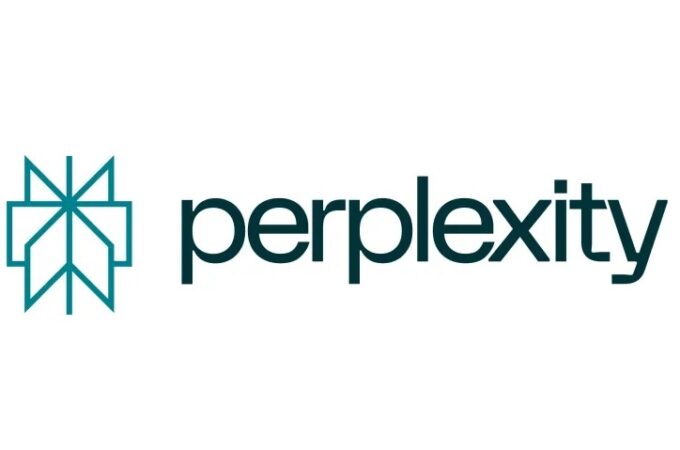
Google DeepMind Unveils Compact Gemma 2 2B Model, Challenging AI Giants
Google DeepMind has made a significant leap in the artificial intelligence arena with the release of Gemma 2 2B, a compact yet powerful language model that is poised to challenge larger, more resource-intensive AI systems. Announced on July 31, 2024, this new addition to the Gemma 2 family boasts just 2.6 billion parameters, yet demonstrates performance capabilities that rival or even surpass much larger models, including OpenAI’s GPT-3.5 and Mistral AI’s Mixtral 8x7B.
The Gemma 2 2B model’s efficiency is particularly noteworthy, as it achieved a score of 1130 in the LMSYS evaluation arena, slightly outperforming GPT-3.5-Turbo-0613 (1117) and Mixtral-8x7B (1114), despite having only a fraction of their parameters. This breakthrough challenges the conventional wisdom that larger models inherently perform better, suggesting that sophisticated training techniques and efficient architectures can compensate for raw parameter count.
Google’s approach with Gemma 2 2B emphasizes accessibility and deployability, making it suitable for on-device applications and potentially revolutionizing mobile AI and edge computing. The model can run efficiently on a wide range of hardware, from edge devices and laptops to cloud deployments with Vertex AI and Google Kubernetes Engine.
Alongside Gemma 2 2B, Google introduced two complementary tools: ShieldGemma and Gemma Scope. ShieldGemma is a suite of safety classifiers designed to detect and mitigate harmful content in AI model inputs and outputs, addressing concerns about hate speech, harassment, sexually explicit content, and dangerous material. Gemma Scope, on the other hand, offers unprecedented transparency into the decision-making processes of Gemma 2 models, using sparse autoencoders to make the inner workings more interpretable.
By making Gemma 2 2B open source, Google is reinforcing its commitment to transparency and collaborative development in AI. Researchers and developers can access the model through various platforms, including Hugging Face, with implementations available for frameworks like PyTorch and TensorFlow.
This release aligns with a growing industry trend towards more efficient AI models, addressing concerns about the environmental impact and accessibility of large language models. As the AI landscape continues to evolve, Gemma 2 2B represents a significant step towards democratizing AI technology, potentially ushering in a new era where advanced capabilities are no longer the exclusive domain of resource-intensive supercomputers.




